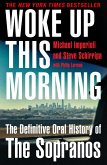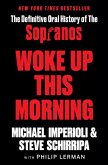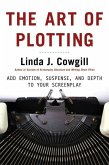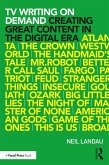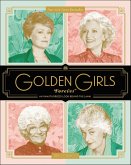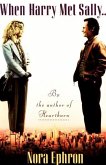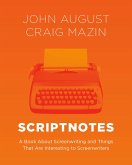If stories are the vessels through which we explore the human condition, then conflict is the engine that drives them forward. Without conflict, there is no journey, no transformation, no stakes. It's what makes the narrative compelling, pulling readers into a world where the characters' choices and challenges matter. Whether you're writing a novel, screenplay, short story, or any form of fiction, understanding and mastering conflict is essential to creating captivating and memorable narratives. At its core, conflict is the clash between opposing forces in a story. These forces could be internal, such as a character grappling with self-doubt, or external, like a hero battling a villain or even nature itself. Conflict is not simply the presence of problems; it is the tension that arises from unmet desires, unresolved goals, or insurmountable obstacles that push characters to grow, adapt, and, ultimately, change. In every successful story, conflict does not just existit evolves. It's dynamic, shaping and reshaping the narrative as it unfolds. When done well, conflict creates suspense, fuels the pacing, and deepens emotional engagement, ensuring that readers stay invested in the outcome. Whether subtle or overt, conflict is the heart of the drama. When crafting a story, one of the first questions a writer must answer is, "What's at stake?" Conflict is what provides the answer. Without stakes, a story feels flat, devoid of tension, and readers lose interest. When there is meaningful conflict, the stakes become clear: characters are fighting for something that matters deeply to them, and this fight is what gives the story its energy.
Dieser Download kann aus rechtlichen Gründen nur mit Rechnungsadresse in A, B, CY, CZ, D, DK, EW, E, FIN, F, GR, H, IRL, I, LT, L, LR, M, NL, PL, P, R, S, SLO, SK ausgeliefert werden.



